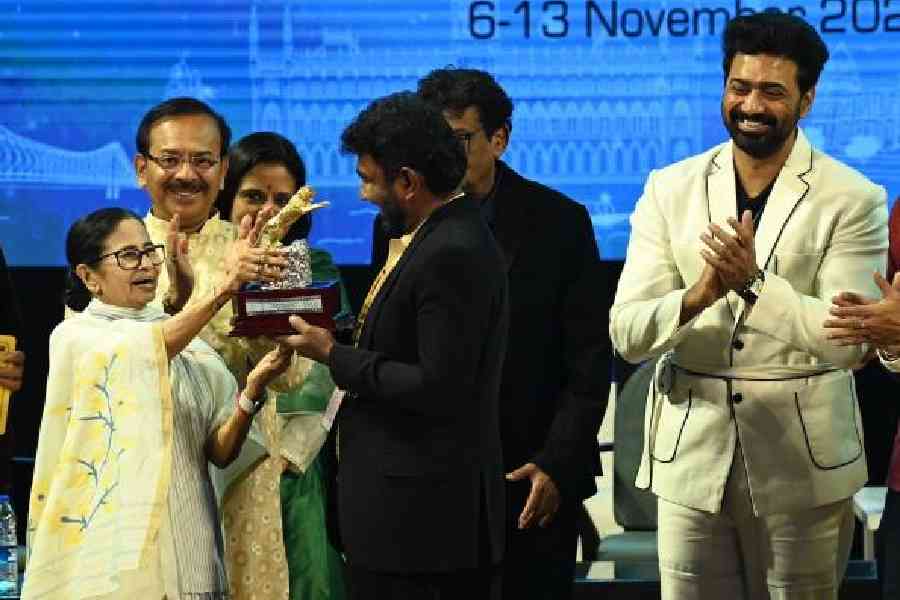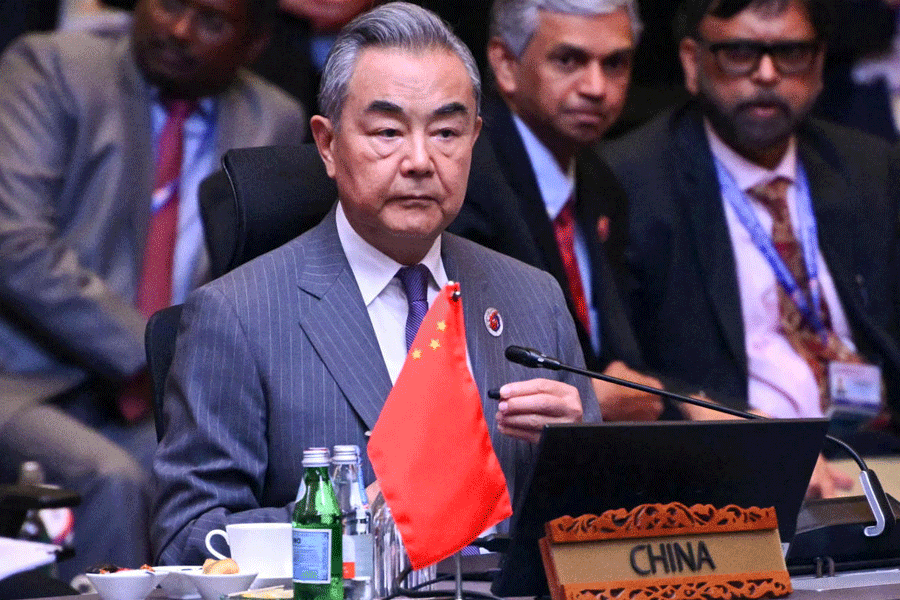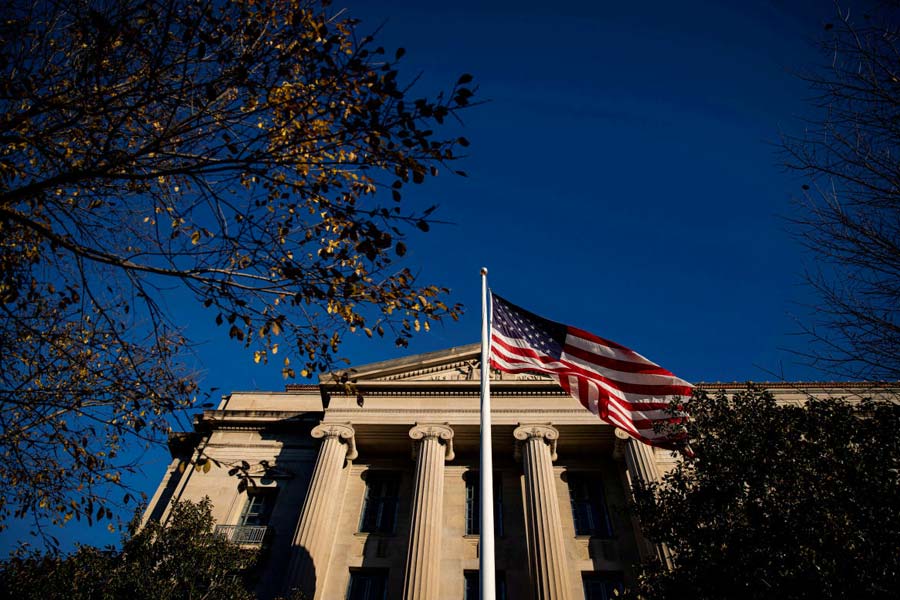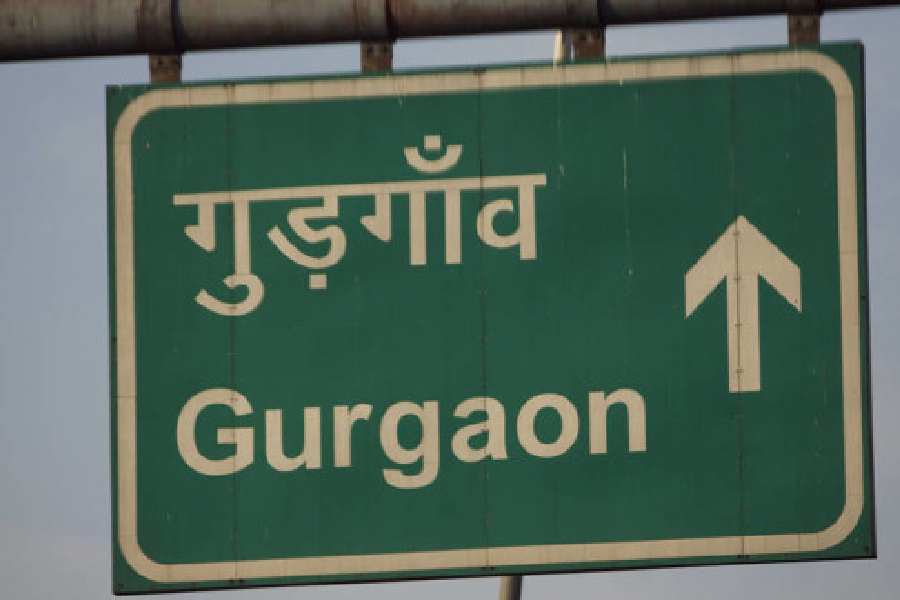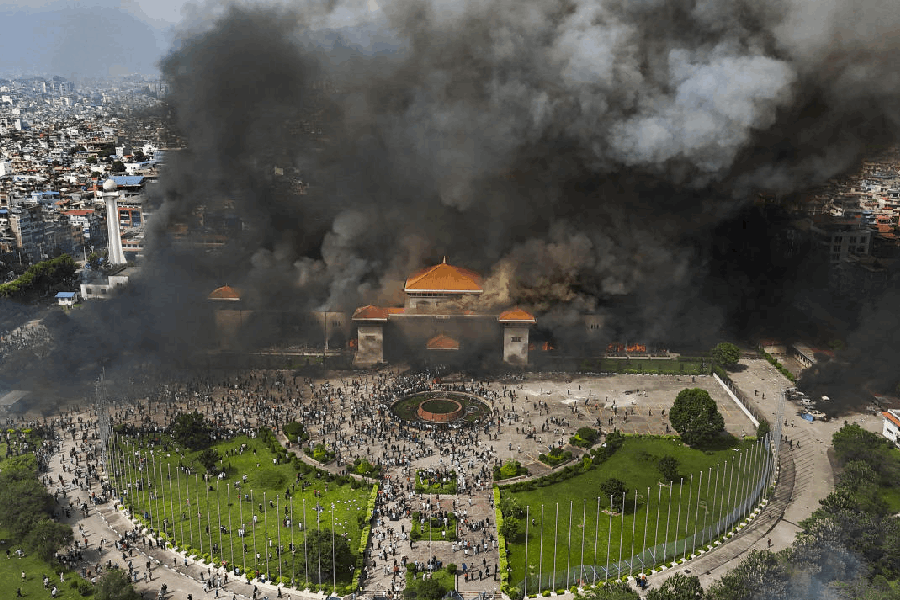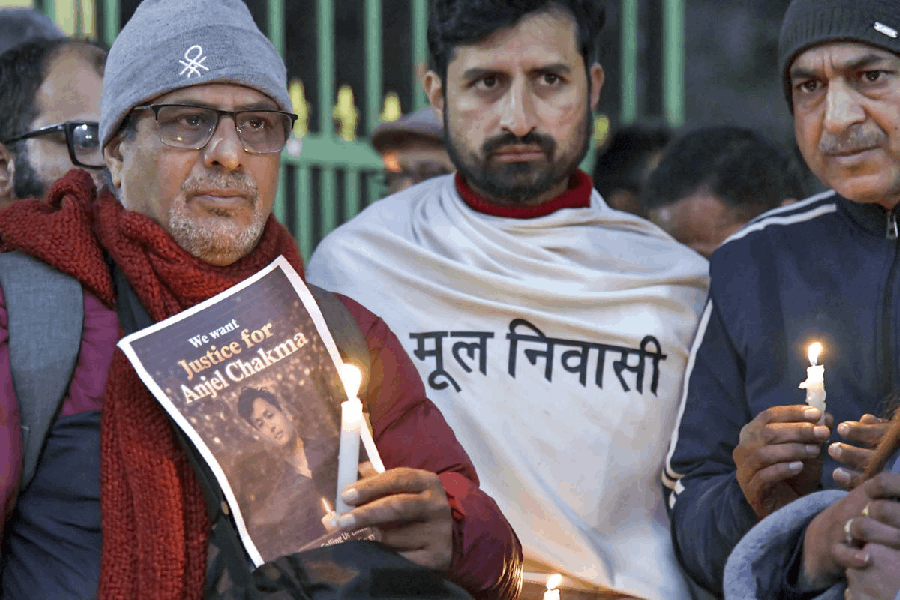The curtain came down on the 31st Kolkata International Film Festival with a concluding ceremony where the flow of events was turned upside down by a “surprise visit”.
Even as Jaydeep Banerjee’s name was announced as the winner in the Indian Documentary Films section for his 68-minute film on elocutionist Bijoylakshmi Barman, titled Bijoyee Japoner Patkatha, in marched Mamata Banerjee.
The chief minister, who usually does not attend the closing ceremony, said she came over to thank the foreign delegates and jury members personally.
“We will go for a big jump next year,” she said, promising to raise the stature of the festival further.
Banerjee’s presence meant that the two most important awards, towards which there is a build-up through the evening, had to be brought forward by the presenter June.
So Lalith Rathnayake was called on stage to receive the Best Director trophy and the cash prize of ₹21 lakh in the Innovation in Moving Images section.
The Sri Lankan filmmaker’s winning film, Riverstone, tracked the journey of three policemen tasked with eliminating a suspected criminal by leading him to a location on a pretext.
The chief minister could not hand over the Best Film trophy to David Bim, as the Cuban filmmaker’s trip to India was cancelled due to visa issues. But the jury members — Rolf de Heer, Lina Chaabane Menzli, Robert Koltai, Artur Zurawski and Sunny Joseph — had glowing words for To the West in Zapata.
“Photography in almost impossible conditions, long takes cut in perfect places, seamless fusing of documentary and fiction forms, its profound and empathic compassion towards the subjects it depicts…,” is how the citation read for the chronicling of a married couple’s struggle to sustain their family in a harsh marshland.
The film also received the Fipresci Best Film award.
There were two emotional moments on stage. When festival chairman Goutam Ghose was conferred the lifetime achievement award by the India chapter of Fipresci, the umbrella federation of film journalists, in its global centenary year, he dedicated the award to his wife Nilanjana, who passed away three weeks ago. In the same breath, he celebrated the 31st edition’s success. “Footfall was unprecedented and people sat on the floors of halls to watch films,” he said.
Pradip Kurbah also dedicated his Best Director in Indian Language Films trophy for the Khasi film, Ha Lyngkha Bneng, to his father who died five years ago.
The Hiralal Sen Memorial Award for Best Film in this category went to Sikkim girl Tribeny Rai for her debut film Shape of Momo.
Another feature film debut, Victoria, a Malayalam film by Sivaranjini, received the Asian select Netpac award. Porshi was adjudged the best film in the Bengali Panorama section.
To the West in Zapata and Shape of Momo were screened at Nandan and Rabindra Sadan after the ceremony.

